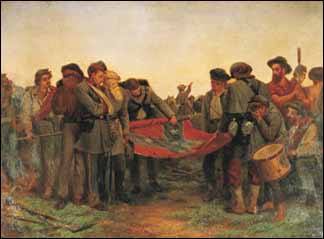
It is the 12th of April, 1861. Three days ago, in the late afternoon, Robert E. Lee and Ulysses S. Grant had met at Appomattox.
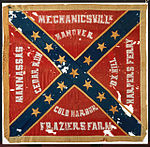 Now men in grey and blue are gathering. There is tension, but no fear. A valley separates them, the Confederates on one the hill, the Federals on another. These are seasoned veterans, and they all understand what is about to happen. They and their commanders have faced each other before: some of these men have been fighting since the first shots of the war, their flags inscribed with the names of battle waged over four years.
Now men in grey and blue are gathering. There is tension, but no fear. A valley separates them, the Confederates on one the hill, the Federals on another. These are seasoned veterans, and they all understand what is about to happen. They and their commanders have faced each other before: some of these men have been fighting since the first shots of the war, their flags inscribed with the names of battle waged over four years.
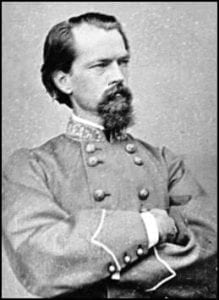
General Gordon commands the Confederates. He already had battle scars when he was shot four times at Antietam, and continued to lead his men. It took a fifth bullet that same day to finally bring him down. Wounded again at Shepherdstown, West Virginia, blood streaming from his head, he again carried on with his command.
Today, sitting on his horse, his leg aches from another bullet he took just 18 days ago. Nonethess, Gordon leads his men off the hill and into the valley, toward the Federals.
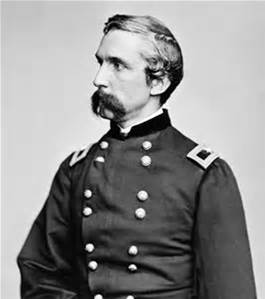
General Chamberlain watches the approaching Rebels. He, too, sits astride his mount, but his men are dressed in blue. Chamberlain has also faced everything the war could throw at him. A former college professor, he has been wounded six times, had six horses shot from beneath him, and earned the Medal of Honor for his actions at Gettysburg. An injury in 1864 was so severe that his death was reported in newspapers.
Like Gordon, Chamberlain is nursing a new wound. Shot in the chest two weeks ago, knocked unconscious and thought dead, his demise was reported in a telegram to New York. Chamberlain later wrote that his reappearance brought a wild response from men on both sides:
“I was astonished at the greeting of cheers…. Strangest of all was that when I emerged to the sight of the enemy, they also took up the cheering. I hardly knew what world I was in.”
These two remarkable generals, and some of the most rugged soldiers in history, are closing on each other. Their meeting was arranged just three days ago, at Appomattox: Gordon to surrender arms and flags, Chamberlain to receive them. In Chamberlain’s words:
“Before us in proud humiliation stood the embodiment of manhood: men whom neither toils and sufferings, nor the fact of death, nor disaster, nor hopelessness could bend from their resolve; standing before us now, thin, worn, and famished, but erect, and with eyes looking level into ours, waking memories that bound us together as no other bond; was not such manhood to be welcomed back into a Union so tested and assured? “
What happens next, though, is not part of the plan. Chamberlain explains:
“With my staff I was on the extreme right of the line, mounted on horseback, and in a position nearest the Rebel soldiers who were approaching our right.
“Ah, but it was a most impressive sight, a most striking picture, to see that whole army in motion to lay down the symbols of war and strife, that army which had fought for four terrible years…”
“The momentous meaning of this occasion impressed me deeply. I resolved to mark it by some token of recognition, which could be no other than a salute of arms.”
Chamberlain, without orders or permission, performs a noble act:
“When General Gordon came opposite me I had the bugle blown and the entire line came to ‘attention…
“Gordon at the head of the column, riding with heavy spirit and downcast face, catches the sound of shifting arms, looks up, and, taking the meaning, wheels superbly, making with himself and his horse one uplifted figure, with profound salutation as he drops the point of his sword to the boot toe; then facing to his own command, gives word for his successive brigades to pass us with the same position of the manual, honor answering honor.”
Chamberlain was criticized by some for the salute, but he was unrepentent. Many years later, Gordon, in his own memoirs, called Chamberlain “one of the knightliest soldiers of the Federal Army.”
The last salute, given and returned, was a fitting honor to former enemies.
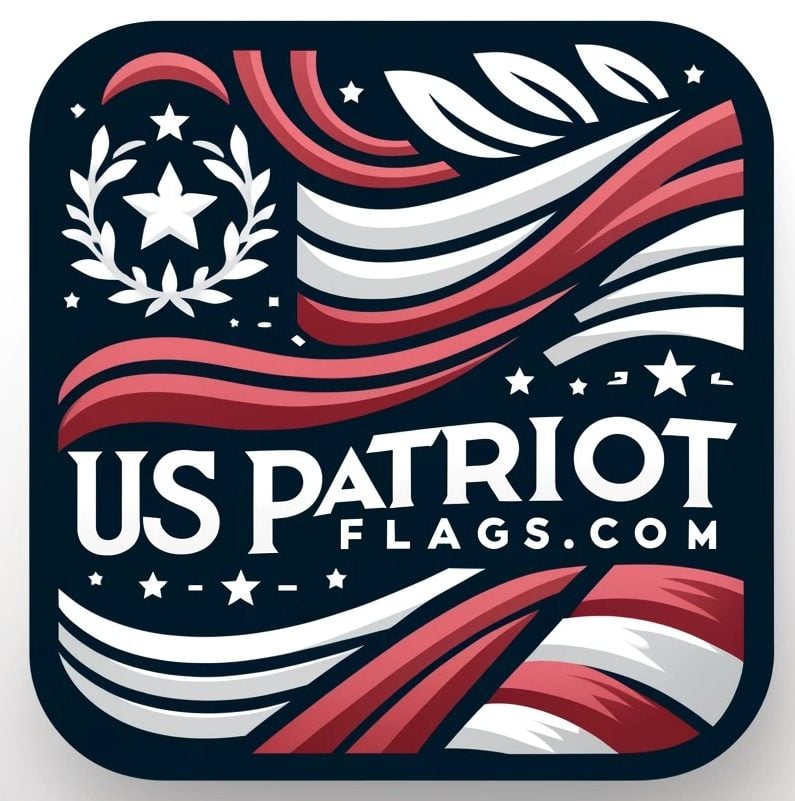
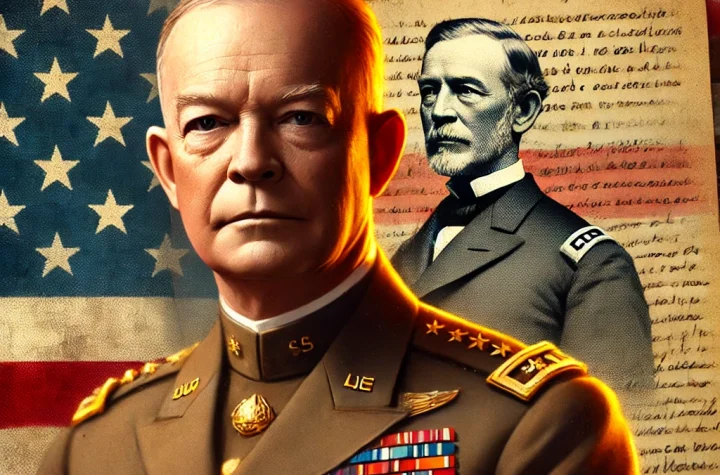
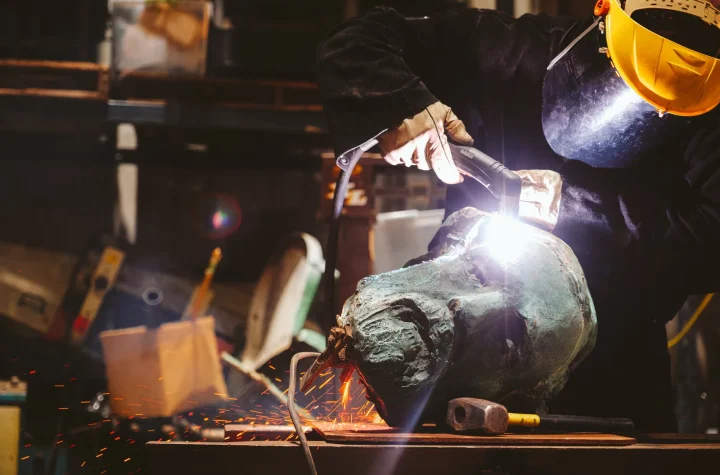
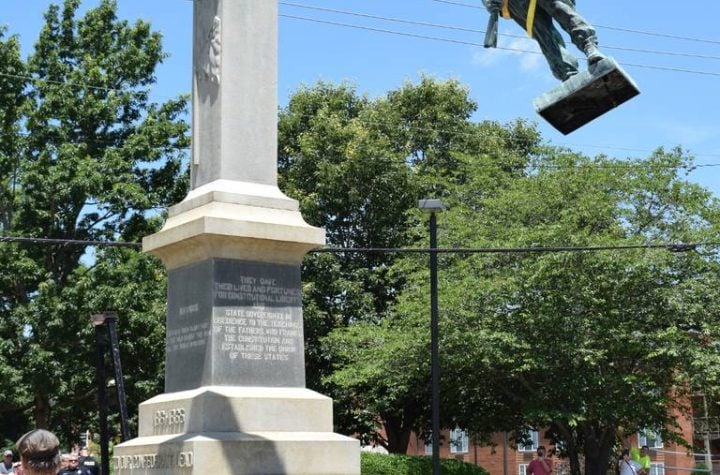
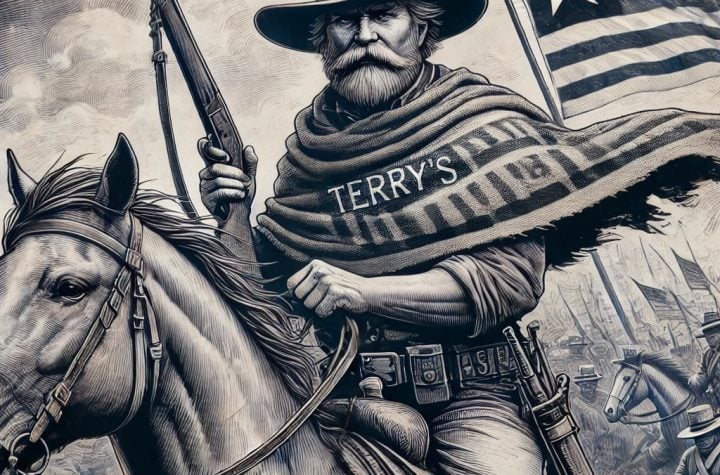
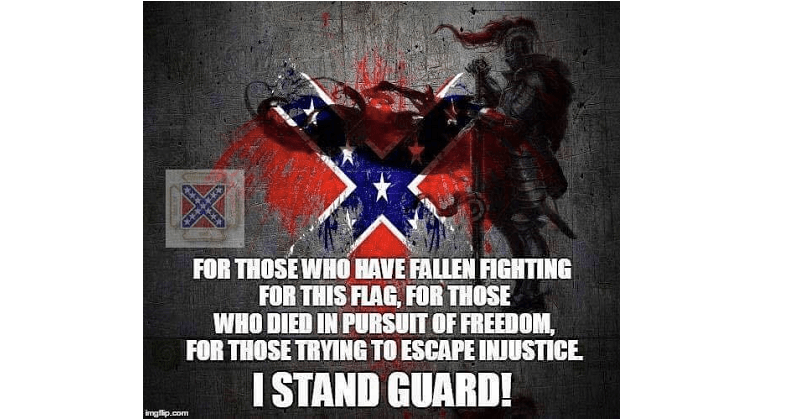
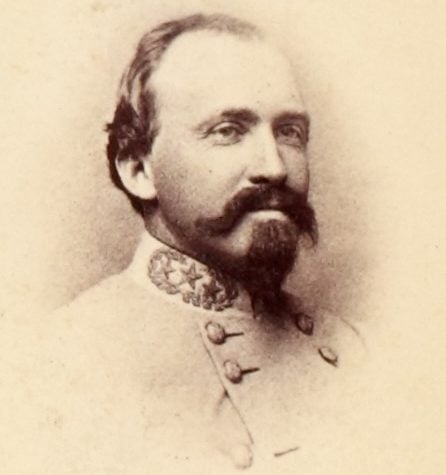
no comment